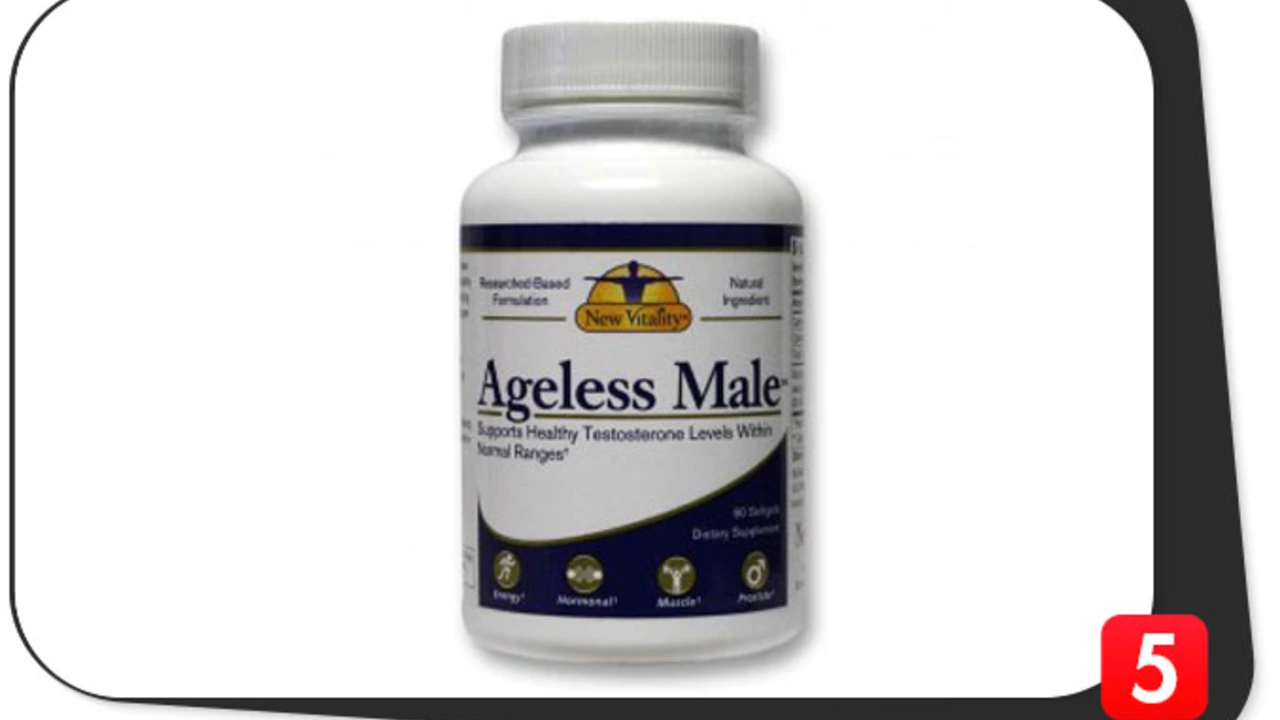Dietary Supplements: What They Are, How to Pick the Right Ones
If you’ve ever stared at a bottle of pills and wondered if they’re worth it, you’re not alone. Dietary supplements are products that add nutrients like vitamins, minerals, herbs, or protein to your everyday diet. People use them to fill gaps, boost energy, or support specific health goals.
How to Choose Quality Supplements
The first step is checking the label. Look for the exact amount of each ingredient and make sure the product follows the Recommended Daily Allowance (RDA) for your age and gender. A reputable brand will list its manufacturing standards, such as GMP (Good Manufacturing Practice), and provide a batch number you can verify.
Next, think about third‑party testing. Independent labs like NSF or USP put a seal on products that have passed purity checks. That seal means the supplement contains what the label says—no hidden fillers or harmful contaminants.
Don’t forget to match the supplement type to your need. If you’re after stronger bones, calcium with vitamin D is a solid combo. For muscle recovery, protein powders or BCAA blends work well. Herbal extracts like turmeric can help with inflammation, but they may interact with certain medicines.
Staying Safe While Using Supplements
Even natural ingredients can cause side effects if taken in excess. Start with the lowest dose that meets your goal and watch how you feel. If you notice stomach upset, headaches, or unusual fatigue, stop and talk to a doctor.
Interaction warnings are key. Some supplements, like St. John’s wort, can change how prescription drugs work. Always tell your healthcare provider what you’re taking—prescription or over‑the‑counter.
Avoid buying from sketchy websites that promise miracle results. Look for sites with clear contact info, privacy policies, and customer reviews. If a deal seems too good to be true, it probably is.
Finally, remember that supplements are just that—supplements. They’re meant to complement a balanced diet, not replace real food. Eat plenty of fruits, vegetables, whole grains, and lean proteins, then use supplements to fill the gaps you can’t meet through meals alone.
By checking labels, trusting third‑party testers, starting low, and staying in touch with your doctor, you can get the most out of dietary supplements without risking your health. Happy supplement shopping!
